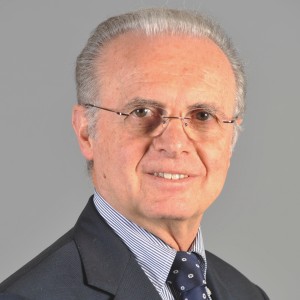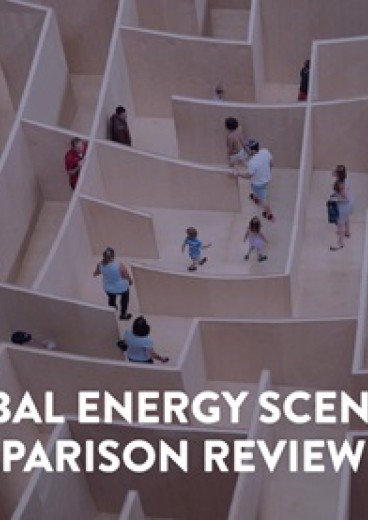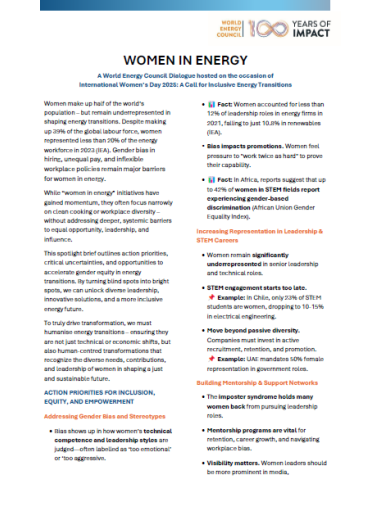The nuclear report finds that the Fukushima accident actually has had limited impact on the global nuclear outlook. What are the implications for nuclear safety and regulation?
It is important to emphasise that in the Fukushima accident, unlike Three Mile Island and Chernobyl, there was nothing wrong in the internal functioning of the reactor, which correctly shut down at the start of the earthquake. There were also no human errors unless one considers the initial decision of building the plant on a site with exceptional tsunami risk.
Nuclear safety has actually improved a lot due to the lessons learnt from those two earlier accidents. The Fukushima event has drawn greater attention to how unexpected, low-probability, external factors can affect overall plant safety. In fact, Fukushima has strengthened efforts to increase safety and regulation, and the lessons learnt from it will help improve the security of nuclear plants.
And what needs to be done about nuclear energy governance?
The key issue is that currently there is no single international authority that can oblige one country to close a plant or to stop starting a new one. Not even the UN can override the sovereignty of individual nations.
The safety of a nuclear plant – apart from its reactor type, construction, and external conditions – is related to the skills and preparedness of the operating crew and to the local authority’s independence, empowerment, resources, and controls.
In my opinion, a UN institution such as the IAEA needs to be given the power and resources to increase its oversight of national nuclear authorities and nuclear plants. The IAEA has raised this issue since Fukushima and has made actual proposals which are now being implemented.
There has been a lot of public scepticism around the safety of nuclear energy. In your view, is the scepticism well founded?
A nuclear accident provokes tremendous psychological impact. Following Fukushima, some governments have decided to phase out nuclear; this could be motivated by their politicians’ attempts to cater to public emotions and to get short-term votes. Recognising nuclear energy involves accepting risk and having a long-term view, so creating consensus on this should be a must.
An unrealistic, complete phase-out of baseload, emissions-free nuclear energy would make the environment the real loser. Consumers would also lose out due to higher electricity bills. Electricity produced by existing nuclear plants is one of the cheapest – at some 20 Euros per MWh, it is about 2.5 times lower than electricity produced by other types of fossil fuel technologies. This has already factored in the cost for plant decommissioning and waste disposal.
Without nuclear, global CO2 emissions would rise by 2 billion tonnes per year. The additional consumption of fossil fuels to replace that would be about 700 mtoe/year, equivalent to 25% of current global consumption of gas.
How would you like the nuclear report’s findings to be used?
I hope the report will be appreciated as an important source of data and facts on an issue as delicate as nuclear energy. Up to now, these data and facts are probably known or discussed only within a restricted number of people.
The report could form the basis of open discussions within our member committees and within public debates on energy. Nuclear energy cannot be disregarded merely on the basis of emotional reactions. Governments, industry, and the public alike need to reach consensus on nuclear energy based on the lessons learnt and the subsequent measures to improve the safety of existing and future plants.
Dr Alessandro Clerici led the study taskforce for the WEC’s report on nuclear energy. He is also Honorary Chair of WEC Italy and Executive Chair of the study group for the Survey of Energy Resources and Technologies.









